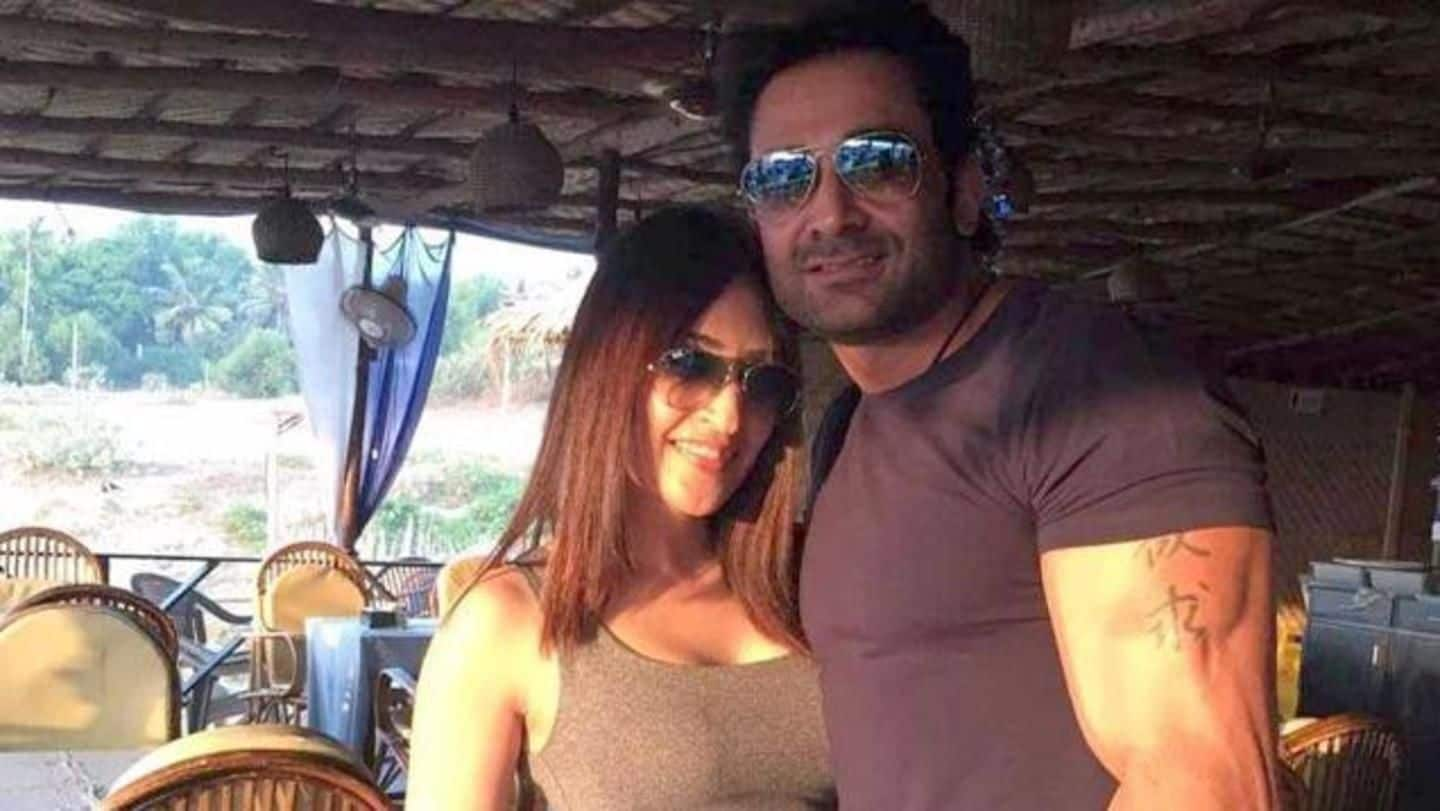
Why can't even privileged women move out of abusive marriages?
What's the story
A 39-year-old independent woman, who married the love of her life, earns a six-figure salary, is a fauji-kid, travels abroad. A life we all want. A 39-year-old independent woman, who gets beaten by her abusive husband, tortured for dowry, allegedly commits 'suicide'. A life that ended rather prematurely. Yes, we are talking about Anissia Batra. But, why did she choose to stay? Why do even privileged women like herself stay in abusive marriages?
Not about strength
To begin with, it is never easy to 'call-it-quits'
If one knows about abusive relationships rather off-handedly, one tends to assume that the victim is always weak. Why can't she call it quits? After all, a bold, educated and privileged woman should have the strength to quit the abusive marriages/relationships. Correct? Nope. The fact is you stay because you cling on hope, you believe that your abuser is capable of changing, if only you give them one last chance. But they never do, do they?
Reality v/s illusion
Perhaps, you just don't realize how toxic it is
You rationalize the situation. "What if I didn't talk back?" "Oh, I also lost my temper." "He had a bad day at work." Multiple studies show that abuse (whether physical or emotional) is cyclic in nature. Not everyday is toxic, not every moment is hate filled. There are good days, and a small kind gesture by the abuser is magnified multiple times in your head. Hence, leaving the abuser is not an event, but a process, sadly for which no one has ever prepared you.
Quote
Experts believe an abusive relationship is similar to gambling addiction
A clinical psychologist at Harvard Medical School likened an abusive relationship to gambling addiction, "There's a psychological effect like gambling: the moments of tenderness and intimacy are unpredictable, but they are so intense that the victim winds up staying in the hopes that a moment like that will happen again."
Gaslighting
Your abuser also plays with your mind
Domestic abuse and emotional abuse go hand-in-hand. Often times, your abuser turns the situation and makes you believe that you are at fault. You start questioning your own sanity. Psychologists call it gaslighting, and it can happen to anyone. An educated, highly independent woman can be made to believe that 'she asked for it'. You don't even realize it is not your mistake, much less act on it.
Society and its norms
We all have been brought up a certain way
As a society, we crave for permanence, stability that a marriage is supposed to bring. We have also not been taught to embrace failure. A failed marriage is a taboo, no one wants to talk about. You also fear that no one will understand your side of the story. Add kids into the dynamics, and you want to give it all to 'save' it.
The fear of unkown
The other side looks equally gloomy
It is hard to break a relationship, much harder to break a marriage, because you don't know what lies at the other end of the road. You are physically, emotionally, and often times financially dependent on your abuser. And, it is not easy to start all over again. You shudder at the thought of living alone, a part of your brain also blames you for the sour relationship.
Do you know?
The fear is real
Even if you garner all the physical and mental strength, deep inside you are extremely scared of your abuser, and rightly so. Statistics show over 70% of domestic violence murders happen after the victim has left the relationship. Hence, the fear is real.
It is never late
But, you should always ask for help
The reality of abuse is far more complex, and it is outside the scope of this writer's experience to do justice to it. But, I know that the victim is not at fault. The abuser will not change their behavior. Someone, who loves us, can never harm us. My closing thoughts, "Everyone is busy empowering women. Who is preparing men for these empowered women?"